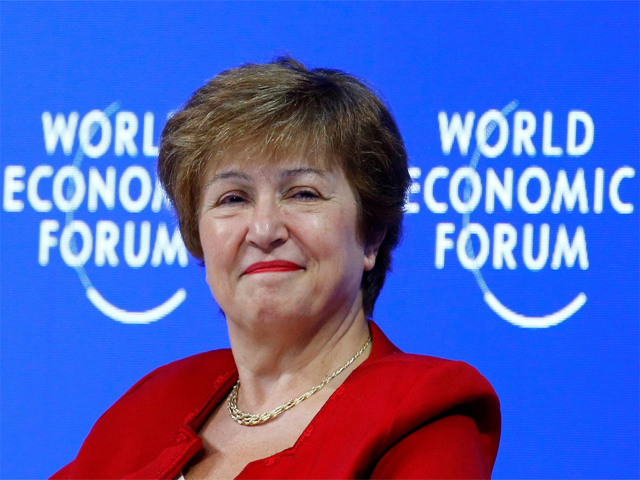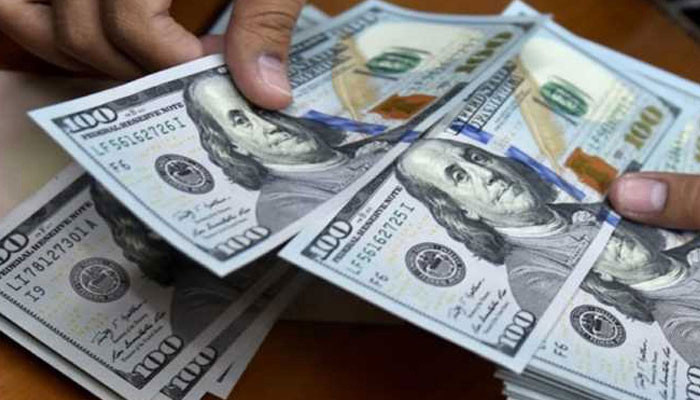Washington: International Monetary Fund (IMF) Managing Director Kristalina Georgieva has expressed the expectation that Pakistan will successfully complete its current program and not face the same situation as Sri Lanka and Ghana, but Pakistan is at risk of default. He says that Pakistan has not reached there yet and it is better not to reach there.
Addressing the annual meeting of the International Monetary Fund (IMF) and the World Bank, the head of the IMF said that there is no doubt that Pakistan is facing climate challenges, but there is hope from the steps taken by the Pakistani authorities. That we will complete this program successfully.
Kristelna Georgieva said At this time we are talking about ensuring the financial assurances of Pakistan. To be on the frontline of change, the future sustainability of agriculture in Pakistan has to be thought about.
Kristelna Georgieva said that they are working hard together with the Pakistani authorities, Pakistan should create such a policy framework that avoids economic risks. We want Pakistan to move towards sustainable economic development. Want assurance of financial support.
Asked about the risk of Pakistan defaulting, MDIMF replied that Pakistan has not yet reached that point and it is better not to do so, to avoid the consequences of a widening global trade divide for all countries to prevent a second Cold War. Well, I am one of those people who know what the consequences of the Cold War were, the Cold War was a great loss of competence and partnership in the world, institutions like the World Bank, the IMF were important in preventing the division of the world into different blocs. There is character.
The IMF chief said that policymakers have an important role to play in protecting the interests of their citizens. If we do not show realism, people everywhere will be in a bad situation. There is a possibility of 7% decrease, the global trade distribution has increased due to Brexit, US, China trade war and Ukraine conflict.
(function(d, s, id){
var js, fjs = d.getElementsByTagName(s)[0];
if (d.getElementById(id)) {return;}
js = d.createElement(s); js.id = id;
js.src = “//connect.facebook.net/en_US/sdk.js#xfbml=1&version=v2.3&appId=770767426360150”;
fjs.parentNode.insertBefore(js, fjs);
}(document, ‘script’, ‘facebook-jssdk’));
(function(d, s, id) {
var js, fjs = d.getElementsByTagName(s)[0];
if (d.getElementById(id)) return;
js = d.createElement(s); js.id = id;
js.src = “//connect.facebook.net/en_GB/sdk.js#xfbml=1&version=v2.7”;
fjs.parentNode.insertBefore(js, fjs);
}(document, ‘script’, ‘facebook-jssdk’));



